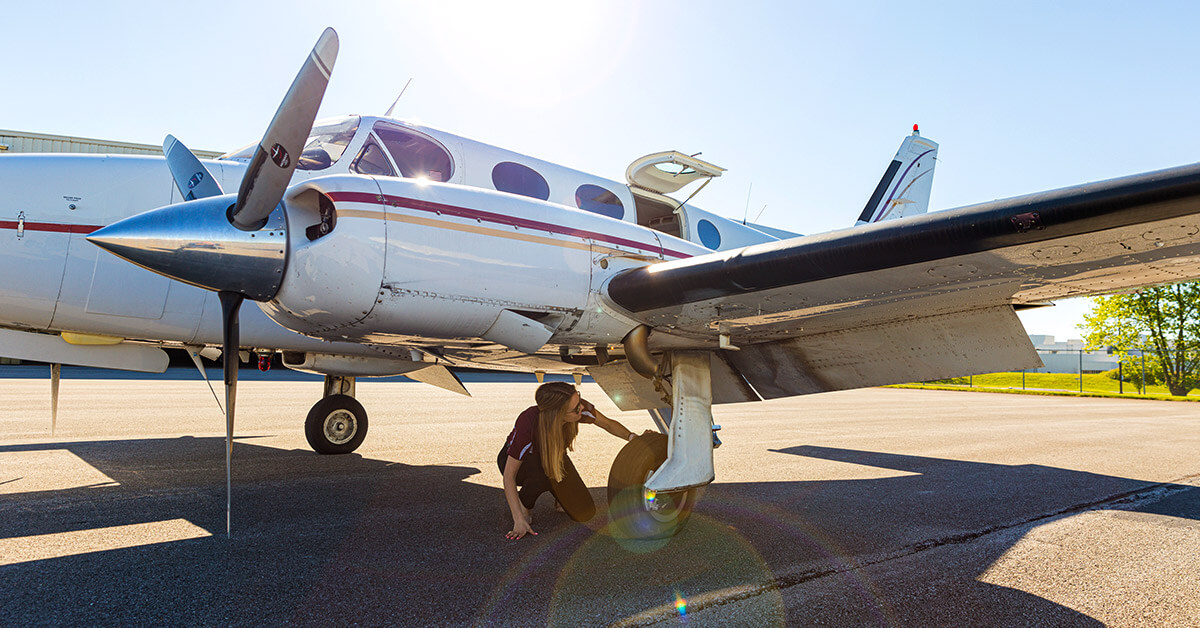NBAA-BACE: Preparing for the FAA’s Upcoming Part 135 SMS Mandate

Oct. 13, 2021
The FAA next fall is expected to release a notice of proposed rulemaking requiring all Part 135 operations to develop and implement a safety management system, or SMS. An Oct. 12 session at the NBAA National Business Aviation Convention & Exhibition (NBAA-BACE) examined the ramifications of this plan for business aviation and how the industry can meet this challenge.
Doug Carr, NBAA’s senior vice president of safety, security, sustainability and international operations, emphasized that the business aviation community wants to work with the FAA on developing the proposed rule. However, the agency “already deemed this as rulemaking and limited the industry’s ability to get in and discuss this issue with them.”
“This is going to become a reality here at some point for a big chunk of our community,” Carr said of the proposed rulemaking. “We want to make sure we get it right.”
Of 2,000 Part 135 operators in the U.S. – many of which, Carr noted, are single-pilot, single-aircraft operations – just twenty have completed the FAA’s SMS for Voluntary Program (SMSVP) that offers a probable roadmap for the upcoming rule.
Timothy Wade, health and safety director for Constant Aviation, described SMSVP accreditation as “an incredible experience,” but only if entered into with the right mindset. “[SMS] is not just a manual you have on a shelf [or] a piece of paper you dust off,” he said. “It’s your culture. If you don’t have a solid and transparent reporting culture – if you have more of a discrimination-based reporting culture – you will struggle with that.”
Al Mann, senior director for safety at Wheels Up, said that his company and others have often emphasized that safety is their number one priority. “I don’t believe that ‘priority’ and ‘safety’ should be necessarily in the same sentence,” he said. “Priorities change. Safety should be your number one value proposition.”
All presenters agreed that a properly implemented SMS can yield real safety benefits to any flight operation if scaled appropriately to its size and scope. “What works for [my operation] doesn’t have to work for anyone else,” Carr said. “Finding something that does that, broadly, is definitely a challenge.”
That is a message the FAA needs to hear, said Aaron McCarter, an NTSB air safety investigator, whose background includes SMS implementation at several Part 121 carriers.
“When this [proposed rule] does come out, comment the heck out of this thing,” he said. “Because that’s going to be the feedback that the FAA is going to be using to provide the SMS guidance to you.”
Any person who attends an NBAA convention, conference, seminar or other program grants permission to NBAA, its employees and agents (collectively "NBAA") to record his or her visual/audio images, including, but not limited to, photographs, digital images, voices, sound or video recordings, audio clips, or accompanying written descriptions, and, without notifying such person, to use his or her name and such images for any purpose of NBAA, including advertisements for NBAA and its programs.
Related Articles
May/June 2024
Lifesaving Takeaways From 3 Recent Business Aviation Accidents
May/June 2024
Inside NBAA’s Laser Focus on Safety
May/June 2024
Inflight Lithium Ion Battery Fires: What Operators Need to Know
May/June 2024


 International Business Aviation Council Ltd.
International Business Aviation Council Ltd.